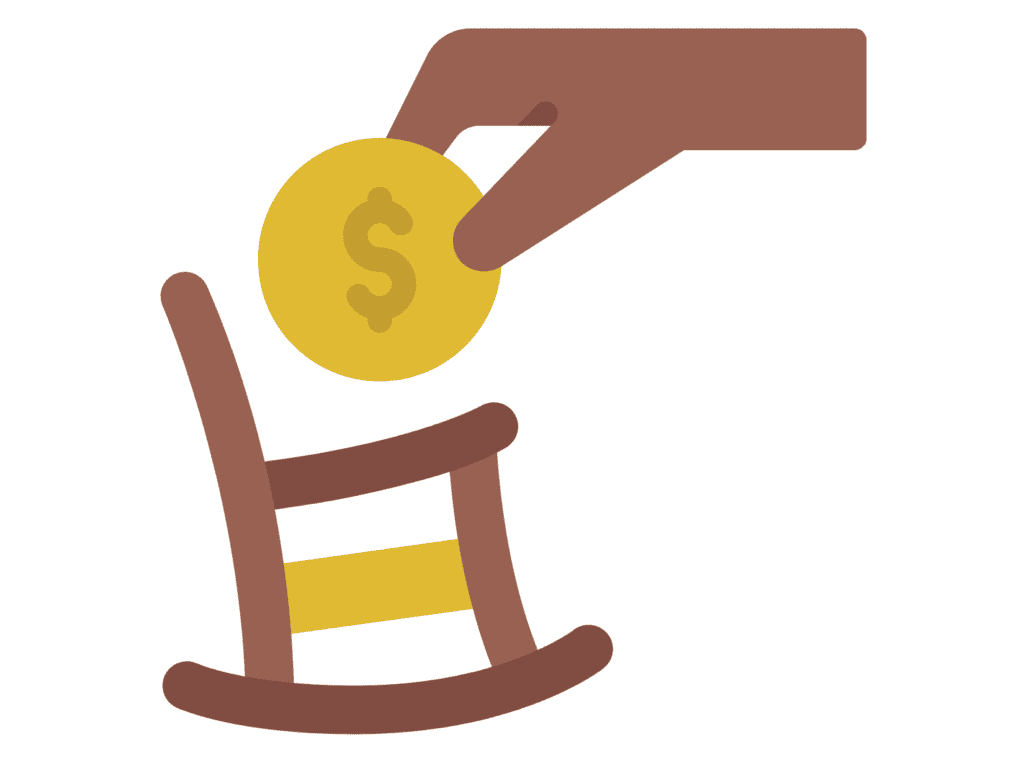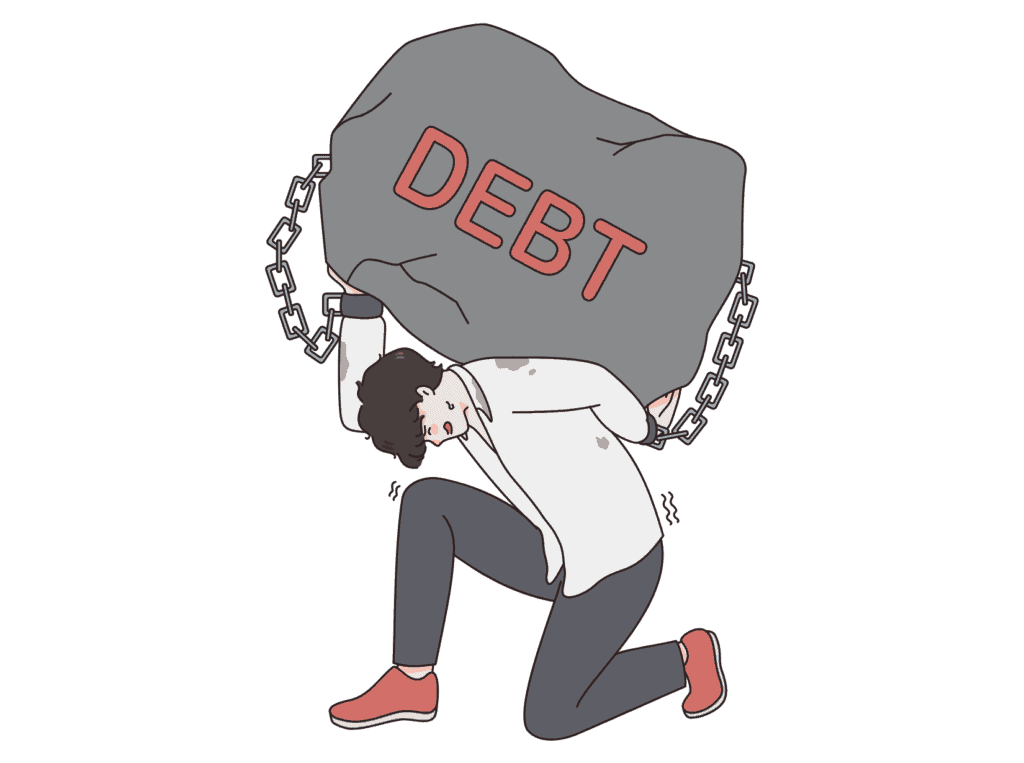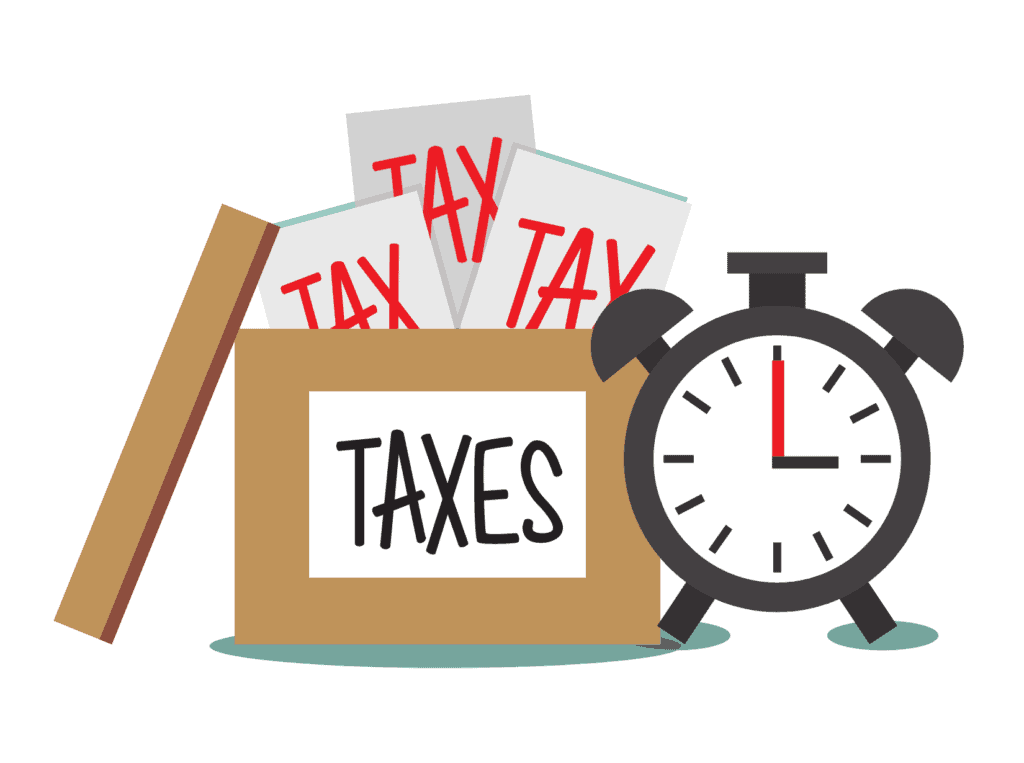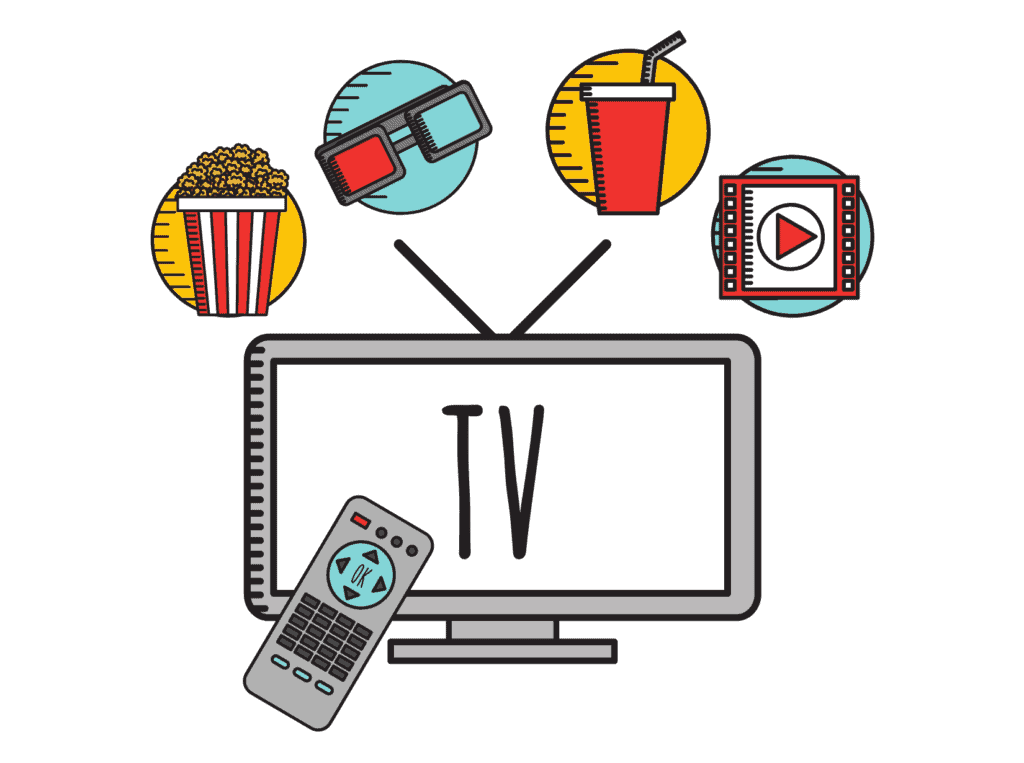Are you curious about what retirement expenses might come up when you finally make the big move?
Here, we’ll show you what you need to know to spend less and have a successful and low financially stress retirement.
There are many things to be aware of, including entertainment costs, taxes, giving money to grand kids, and more.
Let’s dive right in.
16 Common Retirement Expenses That Could Make You Broke

1. Housing
Housing costs are one of the most significant expenses that can keep you broke in retirement. While your mortgage may be paid off, other costs like insurance, property taxes, and repairs may still be considered. If you’re not careful, these costs can add up quickly and consume your savings.
Getting a roommate or two is one of the best ways to lower expenses during retirement. Roomi is an excellent app to help you find a roommate. You can also downsize to a smaller home or move to a more affordable area.
If you’re not careful, housing costs can take up a large chunk of your retirement income.
2. Transportation

Another one of the highest costs in retirement is transportation. With the cost of gas (in 2022, $5,000 a year per person) and car maintenance, it’s easy to see how this can add up quickly and eat away at your retirement income.
One way to save on transportation costs is to carpool with friends or family members (try Waze to find carpooling options). You can also use public transportation when possible.
If you live in a walkable or bikeable area, take advantage of that. Walking or biking to your destinations can save you a lot of money on transportation costs.
In retirement, many expenses can go down, but there are still some that can keep you broke if you’re not careful. Be aware of these everyday retirement expenses and take steps to minimize them. Then, with some planning, you can enjoy a financially stress-free retirement.
3. Food

In 2022 average person spent $411 on food. This may not seem like a lot, but it can add up quickly in retirement.
One frugal living tip to help save on food costs is to cook more meals at home. Meal planning can help you save time and money. There are plenty of instructional Youtube cooking videos to teach you if you need some assistance.
You can also buy in bulk to help you live within your means. Costco, for example, you can find discounted items like chicken, beef, and pork. You can also find deals on non-perishable items like canned goods and cereals.
4. Utilities
Utilities are another significant expense that can add up quickly in retirement. In 2022, the average person spent $2060 on utilities.
There are a few ways to lower your utility costs. One way is to use energy-saving appliances and light bulbs. Another way is to install solar panels. Solar panels can help you save money on your electric bill and may even make you money if you sell the excess electricity back to the grid.
Apps like Joulebug can help you lower your utility costs. Joulebug is an app that enables you to save energy, water, and more by making it a fun game by giving you points every time you do something sustainable, like washing clothes in cold water.
5. Exercise
The average person spends $600 monthly on a gym membership, which can add up quickly.
There are ways to save on exercise costs, like doing yoga. Yoga with Adriene on Youtube is free and can be done in the comfort of your home. You need a yoga mat, and you’re good to go!
Doing yoga is one of the best things to do that don’t cost money because it can keep you healthy without breaking the bank.
So grab some gear, click on the Youtubes, and namaste away those high gym membership costs!
6. Debt

80% of folks have over $38,000 in debt.
That’s crazy!
And what’s even crazier is that many people don’t start paying this debt off until they’re in their 40s or 50s. This means that they’ve been paying interest on this debt for decades. If you’re one of these people, it’s time to get serious about paying off your debt.
One way to do this is to use Quickens Debt Reduction Program. This program will help you determine which debts to prioritize based on their interest rates. In addition, automating most of the process takes a lot of headache out of debt removal.
So, if you’re looking to get out of debt fast, Quicken can help you do that.
7. Financial Planner
Many people think that their spending will automatically go down once they retire. However, this is often not the case. Many costs associated with retirement can quickly add up, including travel, health care, and leisure activities. And one of the biggest hits to your 401 k can be a certified financial planner.
A good one can cost you as much as $300 an hour.
So how do you counter that cost and still get reasonable money management assistance?
Use Personal Capital.
Personal Capital creates a tailored money management plan for you, and you can access free professional advice if you need it. This way, you can keep your spending in check and have peace of mind knowing that your finances are being taken care of – without breaking the bank.
And once you get the ball rolling, you’ll just be quite surprised at how easy it is to organize personal finances.
8. Health Care
You got $500 or more dollars for health care? Because that’s you going to spend out of your retirement income each month when you retire if you’re not careful.
One way to keep your health care costs down is to get a good health insurance plan. There are many options available, so be sure to shop around and compare rates. You can also look into getting a supplemental plan, such as Medicare, to help cover some of the costs.
Another way to cut costs is to stay fit with a health is wealth lifestyle. This may seem like a no-brainer, but it’s essential to remember that the healthier you are, the less you’ll have to spend on medical bills and prescriptions. So be sure to eat right, exercise, and see your doctor regularly.
And lastly, don’t forget to take advantage of free preventive services, such as screenings and vaccinations. These can help you catch problems early when they’re often more treatable – and less expensive.
9. Longterm Care
Hopefully, you don’t need this if you’re reading, but just know that you could be paying $8,000 monthly for a nursing home.
You could get insurance to help with this, but it is expensive, and you have to plan ahead.
There are other options, such as reverse mortgages and government assistance, but they come with pros and cons.
The best way to avoid these high costs is to plan and save for retirement. This way, you can have peace of mind knowing that you’ll be able to afford the care you need – without breaking the bank.
10. Family Needs Money
You may not be able to avoid giving money to family in retirement, but you can limit the amount of retirement income you give them.
One way to do this is to set up a spending plan. This way, you can track your expenses and see where your money is going. This will help you adjust so you’re not spending more than you can afford.
Another way to limit your amount is to set up a trust. This can help you control how your money is used and ensure it’s used for its intended purpose.
And lastly, be sure to communicate with your family about your finances. This can help them understand your situation and make them more likely to be understanding when it comes to money.
11. Donations
Giving to charity is a great way to help others but can also cost you money.
One way to avoid this is to set up a donor-advised fund. This way, you can make a single donation and then recommend how the money is distributed over time. This can help you stay within your budget and ensure your donations go to the causes you care about.
Another way to limit your amount is to donate your time instead of your money. Volunteering is a great way to give back and doesn’t cost you anything. You can use apps like GiveGab to find volunteer opportunities.
So, if you’re looking to save money in retirement, consider giving your time instead of your money. It’s a great way to help others and won’t cost you anything.
12. Taxes

No one likes paying taxes (especially your social security benefits), but they can add up in retirement.
One way to avoid high taxes is to invest in a Roth IRA. This type of account allows you to withdraw your money tax-free in retirement.
Another way to keep your taxes down is to stay within the IRS guidelines for deductions. This includes things like charitable donations and medical expenses.
And lastly, be sure to keep track of your taxes. This includes keeping receipts and records of your expenses. This way, you can be sure you’re getting the deductions you’re entitled to.
(Oh. Check out the Taxsavingspodcast. They have some excellent info on how to lower those taxes.)
13. Emergencies (Falls)
Falls are one of the most common causes of injuries in retirement.
One way to avoid a fall is to stay active. This helps keep your muscles strong and your balance in check.
Another way to avoid a fall is to make your home safe. This includes things like removing tripping hazards and keeping your floors clean.
And lastly, be sure to wear proper footwear. This includes shoes that fit well and have good traction.
By following these tips, you can help avoid a fall – and the costly medical bills that come with it.
14. Entertainment

Entertainment can be a great way to spend time in retirement, but it can also drain your social security very quickly if you’re not careful.
One way to save money on entertainment is to find free or discounted events. This includes things like museum memberships and senior discounts.
You can also try the Likealocal app. It’s all about finding those unique, cheaper, undiscovered locations locals like to visit while avoiding the tourist traps.
15. Travel
Travel is a great way to see the world but can be expensive.
One way to save money on travel is to use Skyscanner. This website allows you to compare flights, hotels, and rental car prices. You can also find deals on vacation packages.
Another way to save money on travel is to travel during the off-season. This can help you avoid the crowds and find cheaper flights and hotels.
So, if you’re looking to save money on travel, use Skyscanner and travel during the off-season.
16. Grandchildren

Ahh yes. Last but not least, the lovely grandchildren. They can be a joy – and a financial burden.
One way to save money on grandchildren is to set up a 529 plan. This allows you to save money for their education tax-free.
Or if you want to spoil them now and don’t spend any money, you can use Swagbucks. Taking surveys, purchasing goods online, and viewing videos are all ways to earn points. These points may be redeemed for gift cards to popular retailers like Amazon, Target, and Walmart.
So, if you’re looking to save money after retirement on your grandchildren, consider setting up a 529 plan or using Swagbucks.
FAQ
What is the average spending in retirement?
According to the Bureau of Labor Statistics, the average retiree spending per household is $49,393. This includes expenses such as housing, food, transportation, and healthcare.
What expenses increase during retirement?
There are a few expenses that tend to increase during retirement. These include things like healthcare and travel.
What is the biggest expense in retirement?
The biggest expense in retirement is typically housing. This includes things like your mortgage, property taxes, and insurance.
What is the 4 rule in retirement?
The 4 rule is a general guideline that says you should withdraw 4% of your retirement savings each year. This allows you to maintain your lifestyle and account for inflation.
What expenses will decrease during retirement?
Expenses that decrease during retirement might include work-related costs and spending on children.
How much money does a retiree need per month?
If living in a lower cost of living area, the average retiree needs about $1,800 per month to cover basic expenses. This includes things like housing, food, transportation, and health insurance.
What is it called when income is less than expenses?
This is called a deficit if your income is less than your expenses.
Summary
Now that you know about the 16 everyday retirement expenses, it’s time to start saving. Each category can quickly eat into your nest egg if you’re not careful. But with a bit of planning and some adjustments to your budget, you can easily reduce your monthly spending in retirement. So get started today and enjoy your golden years without worrying about money!
So how will you start lowering your retirement expenses?
Will you use Personal Capital instead of a financial planner to manage your money?
Or what about getting a roommate to cut down on some costs?
Hello! I'm Charles. 1st gen millionaire, real estate investor, health enthusiast, and military veteran. In the last 17 years, I have managed billions of dollars of resources for the Department of Defense. Created financial management plans that enabled fellow service members to get out of thousands of dollars in debt and tailored wellness plans that helped people reverse and eliminate high-blood pressure, pre-diabetes, and obesity. Learn more about me here.